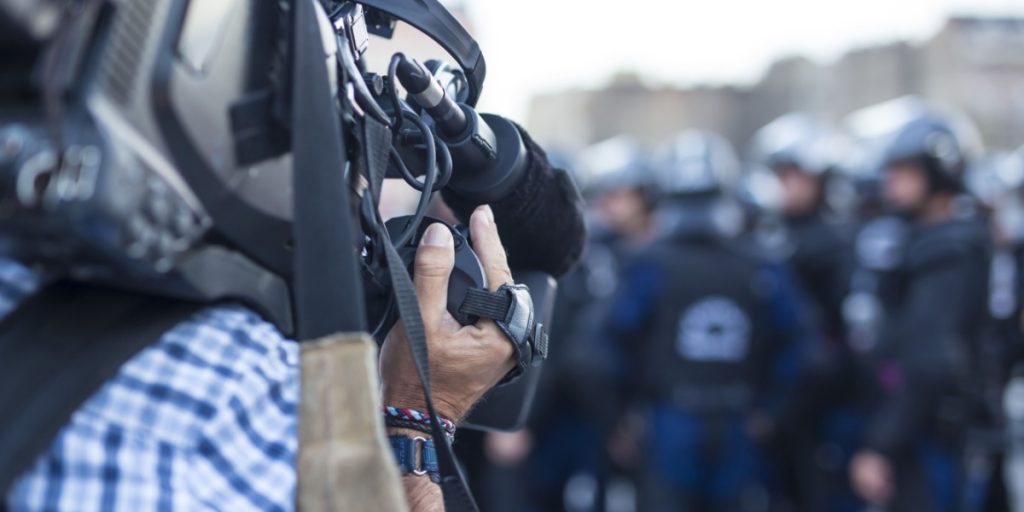Foreign correspondents in China report escalated difficulties in conducting independent reporting, including surveillance by drones and heightened intimidation.
Others are reading now
The work environment for journalists in China, especially for foreign correspondents, has become increasingly challenging, despite initial hopes that the end of COVID-19 restrictions might ease their operational constraints.
Increased Surveillance and Intimidation
According to a survey conducted by the Association of Foreign Correspondents in China (FCCC), foreign journalists are facing renewed and intensified barriers to independent reporting, including surveillance and harassment, with some even being tracked by drones for the first time.
The survey, which garnered responses from 101 of the FCCC’s 157 members, points to a troubling landscape for press freedom in China.
81% of respondents reported experiencing harassment or violence, while over 50% indicated that their journalistic activities had been obstructed by police or other authorities at least once in the past year.
Also read
Challenges in Politically Sensitive Regions
Politically sensitive regions, in particular, remain hotspots for reporting difficulties.
85% of those who attempted to report from the Xinjiang region, home to the Muslim Uyghur minority, encountered problems. Allegations of human rights violations against the Uyghurs have made Xinjiang a focal point for international media, leading to increased scrutiny and reporting challenges.
Additionally, regions bordering Russia, Southeast Asian countries, and areas with significant ethnic minority populations like Inner Mongolia have also been flagged as problematic for foreign journalists.
Pressure on Interviewees
The challenges extend beyond direct surveillance and intimidation of journalists; authorities are also exerting pressure on potential interviewees, with a vast majority of surveyed journalists reporting that their interview subjects canceled on them due to warnings against speaking to foreign media.
This practice not only restricts the flow of information but also highlights the broader implications for freedom of speech and access to diverse perspectives in China.
Journalistic Entry and Press Freedom Ranking
The FCCC also criticized the increasing difficulties journalists face when trying to enter China, with about a third of respondents citing issues in obtaining work permits for their staff. This comes despite China’s temporary lifting of visa requirements for tourists and business travelers from Germany and several other primarily European countries.
China’s ranking in the Reporters Without Borders press freedom index is 179th out of 180 nations, just above North Korea.


